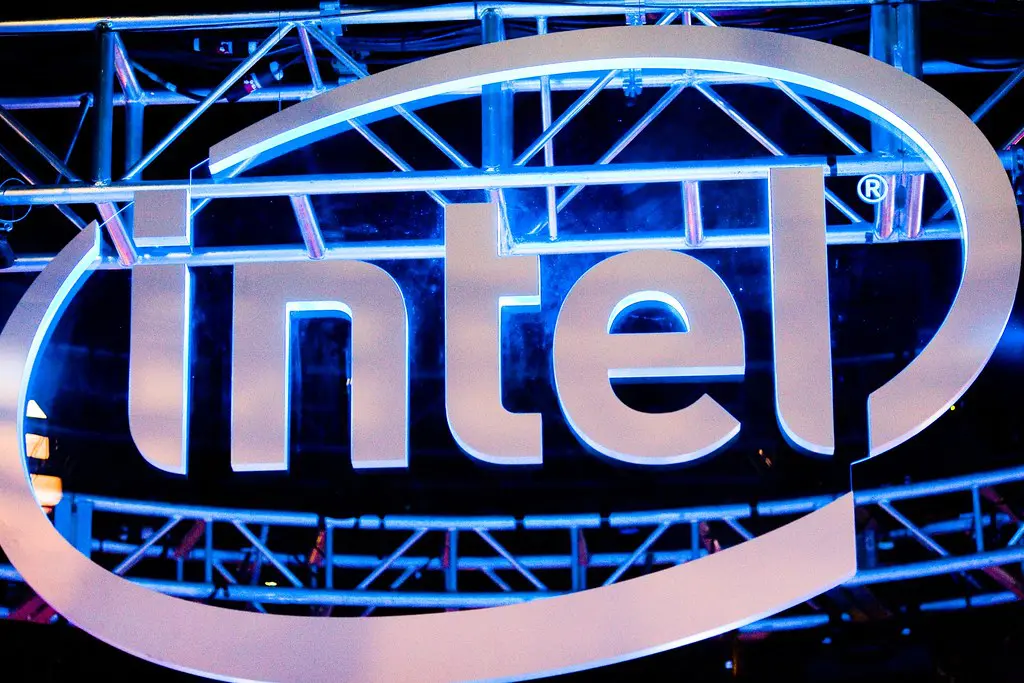
Intel receives $8.5Bn boost from US govt for semicon investments amid global AI chip frenzy
The Biden administration has taken a significant step towards bolstering domestic semiconductor manufacturing capabilities courtesy of an agreement with tech titan Intel. This preliminary agreement outlines an investment package of $20 billion, comprised of $8.5 billion in grants from the Department of Commerce, and up to $11 billion in loans, aimed at supercharging Intel’s chip production capacity in the US.
“Today is a defining moment for the U.S. and Intel as we work to power the next great chapter of American semiconductor innovation,” Pat Gelsinger, Intel CEO, commented on the matter. “AI is supercharging the digital revolution and everything digital needs semiconductors. CHIPS Act support will help to ensure that Intel and the U.S. stay at the forefront of the AI era as we build a resilient and sustainable semiconductor supply chain to power our nation’s future.”
This agreement signifies a critical step towards achieving a key objective of the CHIPS and Science Act, a bill passed into law in 2022 and which aims to revitalize the semiconductor production in the US. According to Intel’s official statement, the company plans to utilize the awarded funds to construct and expand manufacturing facilities across four states: Arizona, Ohio, New Mexico, and Oregon, and there will be a particular focus on plants dedicated to producing cutting-edge semiconductor chips tailored for AI. These projects are estimated to generate over 30,000 jobs (roughly 10,000 in manufacturing and 20,000 in construction) providing a much-needed boost to local economies. Apart from this, the expansion shall also include the establishment of a brand new facility near Columbus, Ohio, marking Intel’s first foray into a new US region for chip production in over four decades.
The implications of this new investment package are manifold: it addresses national security concerns by bringing chip production closer to home. Currently, a significant portion of the world’s leading-edge chips are manufactured in Asia. This dependence creates vulnerabilities in the event of geopolitical tensions or supply chain disruptions. By incentivizing domestic production, the US aims to reduce its reliance on foreign suppliers and mitigate potential risks. This is essential, especially at a time when it has already impacted several industries (including the AI landscape). Generative AI – the tech that focuses on creating novel content like images, text, and music from simple text-based prompts – also relies heavily on powerful chips for processing vast amounts of data.
“The Biden-Harris Administration announced today that Intel and the U.S. Department of Commerce have signed a non-binding preliminary memorandum of terms (PMT) for up to $8.5 billion in direct funding to Intel for commercial semiconductor projects under the CHIPS and Science Act,” Intel wrote in its official press release.
And if this is not enough, the agreement also aims to stimulate domestic innovation by fostering a robust domestic chip manufacturing ecosystem. Secretary of Commerce Gina Raimondo emphasized this point, highlighting the potential for the US to regain a 20% share of the global leading-edge chip market by 2030, a figure currently at zero. “There is no one who cares more about revitalizing American manufacturing than President Biden, and today’s announcement is a massive step towards ensuring America’s leadership in manufacturing for the 21st century. With this agreement, we are helping to incentivize over $100 billion in investments from Intel – marking one of the largest investments ever in U.S. semiconductor manufacturing, which will create over 30,000 good-paying jobs and ignite the next generation of innovation,” Raimodo said.


